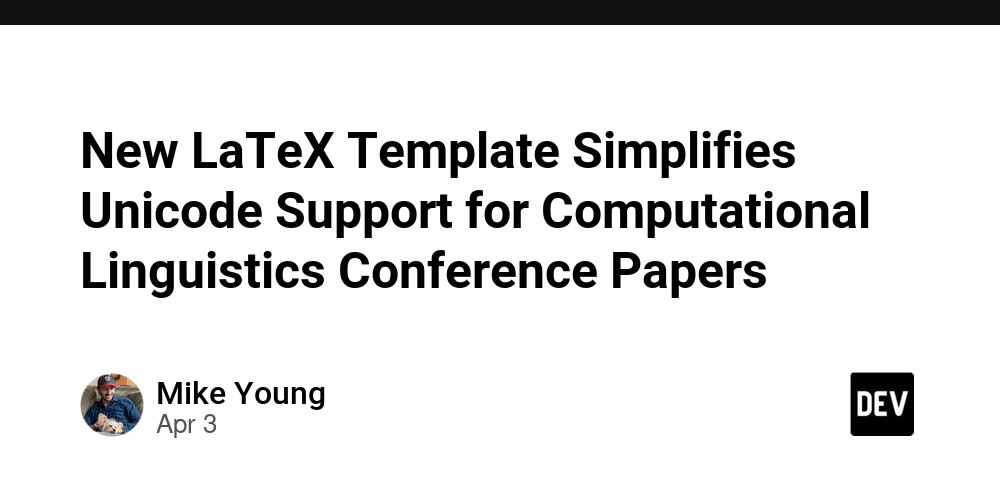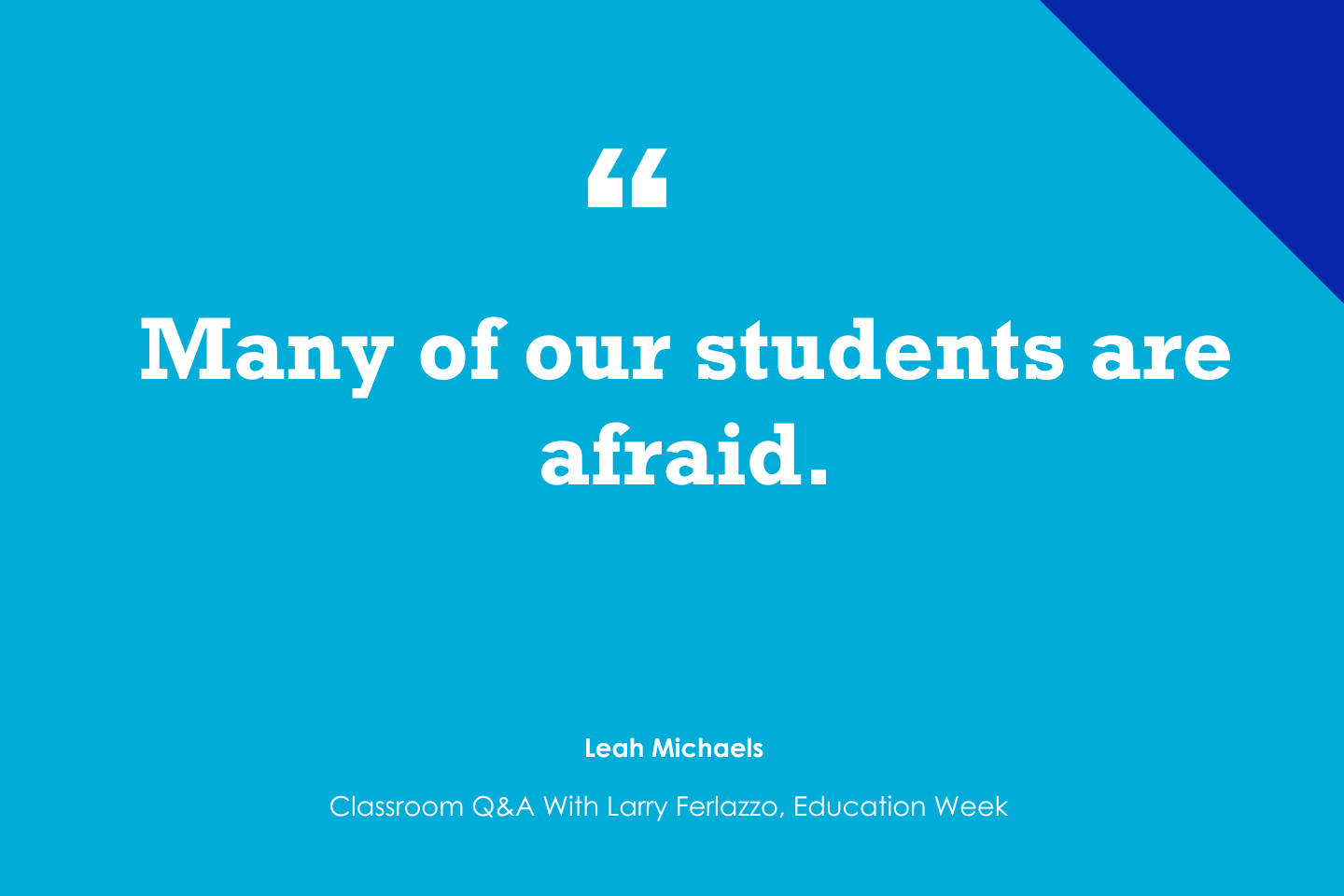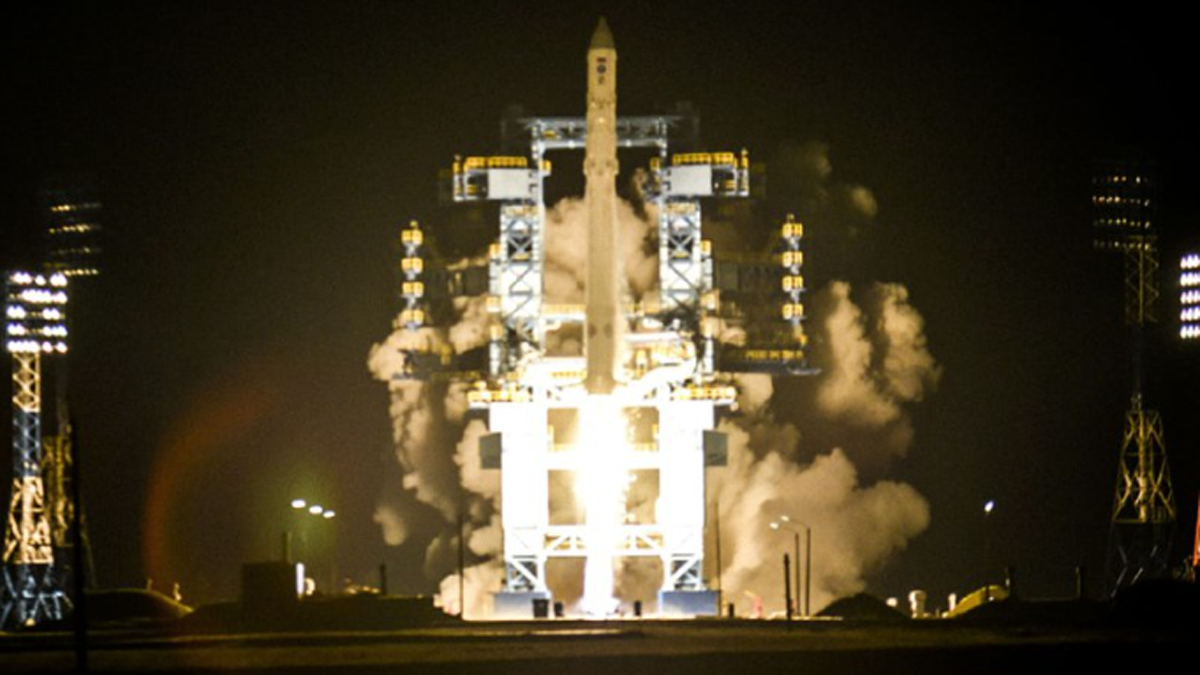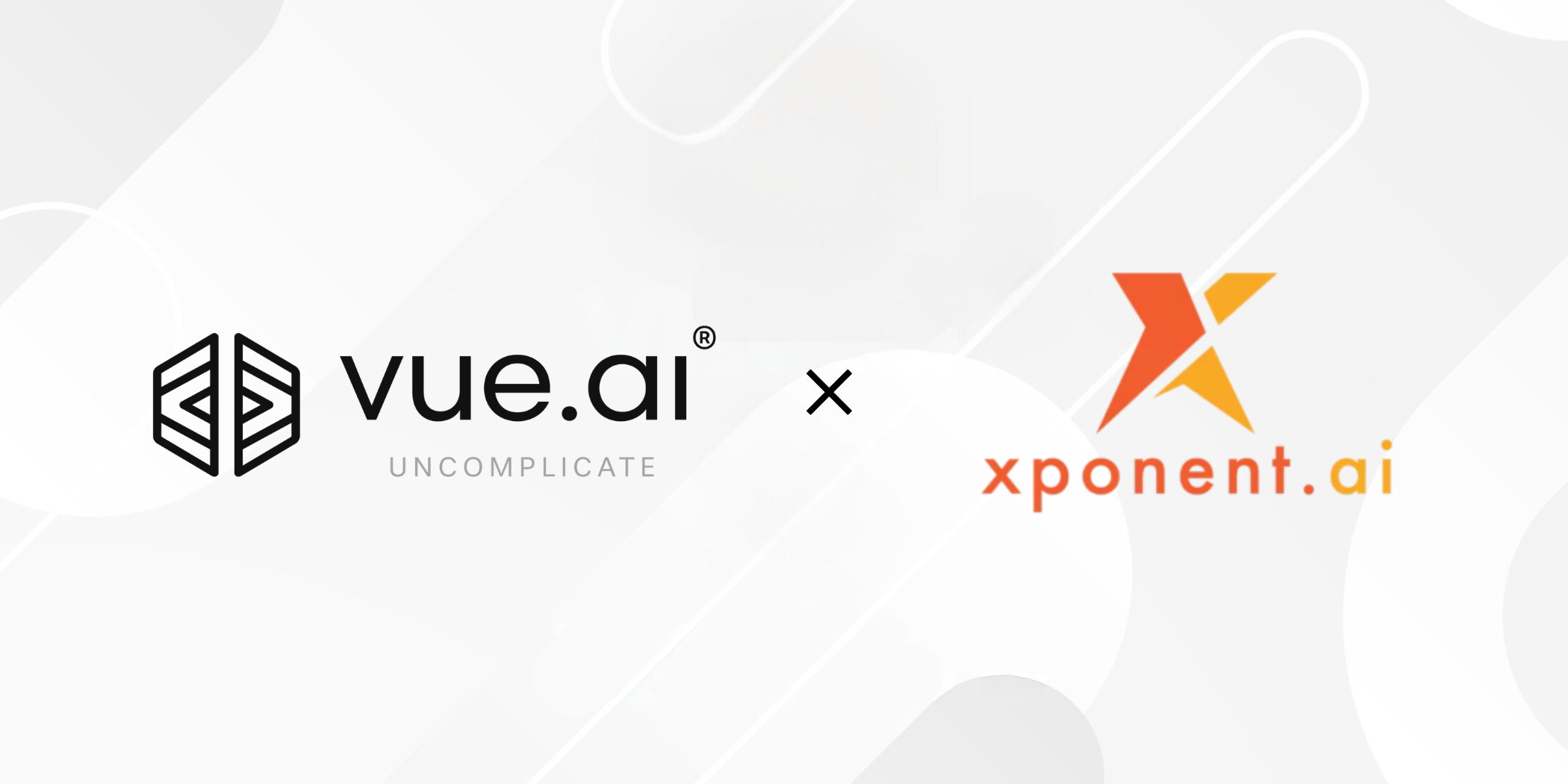AI is Rapidly Reshaping Brand Connectivity and Marketing
Over the past three decades, the advertising and marketing industry has undergone a profound transformation, largely driven by advancements in artificial intelligence. Gone are the days of manually analyzing consumer data to crafting campaigns based on intuition; marketing has evolved into a highly sophisticated, data-driven discipline. AI has reshaped how brands connect with consumers, optimize […] The post AI is Rapidly Reshaping Brand Connectivity and Marketing appeared first on Unite.AI.


Over the past three decades, the advertising and marketing industry has undergone a profound transformation, largely driven by advancements in artificial intelligence. Gone are the days of manually analyzing consumer data to crafting campaigns based on intuition; marketing has evolved into a highly sophisticated, data-driven discipline. AI has reshaped how brands connect with consumers, optimize performance, and measure success. It's imperative for business leaders to understand AI's impact and ensure their investments align with broader marketing objectives.
In 2021, recognizing the growing role of AI in modern marketing, I rebranded our agency to Media Culture. This strategic shift led to the development of Abacus, our proprietary machine learning tool designed to enhance measurement and strategy development for performance-driven campaigns. Abacus adapts to evolving marketing strategies, guiding decisions with precision. It embodies the future of advertising: a seamless integration of best-in-class measurement tools and decades of expertise. The ability to analyze vast amounts of data in real time has allowed us to refine audience targeting, optimize ad spend, and increase overall campaign effectiveness.
Obviously, this shift toward AI-driven marketing is not unique to Media Culture. Companies across the industry are leveraging AI to enhance their advertising efforts. For instance, Publicis' acquisition of data and ID technology group Lotame expanded its consumer reach to four billion profiles, enabling more precise targeting and personalized marketing strategies. This move underscores the industry's commitment to integrating AI and big data to drive growth and efficiency.
One of AI's most significant contributions to advertising lies in ad measurement and productivity. By analyzing vast datasets, AI can predict consumer behavior, allowing brands to anticipate trends and craft campaigns that resonate on a deeper level. Predictive analytics, a form of AI, enables marketers to understand user behavior based on patterns found in data, facilitating the delivery of relevant and targeted marketing content.
Beyond ad targeting, AI is transforming creative execution. AI-driven design tools can generate ad variations based on real-time performance data, helping brands test different visuals, headlines, and calls to action at a scale that was previously impossible. Dynamic creative optimization ensures that ads are not only reaching the right audience but also delivering the most compelling message at the perfect moment. This agility allows brands to maximize engagement and conversion rates without relying solely on human intuition.
Despite AI's proven benefits, some organizations remain hesitant to adopt these technologies. Concerns about complexity, cost, and potential job displacement persist. However, studies have shown that AI can empower teams by automating repetitive tasks, allowing human creativity to flourish. For example, L'Oréal has utilized AI-powered tools like the Beauty Genius assistant to create inclusive and convenient solutions, enhancing customer engagement and satisfaction.
Another key factor in AI adoption is ensuring that investments align with overarching marketing goals. AI should not be implemented merely for the sake of innovation; it must serve a clear purpose within a company's marketing framework. Business leaders should evaluate AI solutions based on their ability to enhance efficiency, improve customer experiences, and drive measurable results. Marketers should prioritize tools that integrate seamlessly with existing platforms and provide actionable insights rather than overwhelming teams with unnecessary complexity. Successful AI adoption requires a balance between automation and human oversight—while AI can process data at an unprecedented scale, human marketers bring the strategic thinking necessary to interpret insights and craft compelling narratives.
As AI becomes more deeply embedded in marketing strategies, Chief Marketing Officers must play a leading role in shaping its adoption. Their expertise in brand positioning, customer insights, and strategic planning makes them uniquely positioned to guide AI investments. With the rise of AI-powered advertising platforms, the decisions made today will dictate how brands interact with consumers in the future. The advertising landscape is shifting rapidly—those who fail to adapt risk being left behind. As highlighted in recent discussions, AI is set to dominate ad buying, raising challenges regarding control, transparency, and the alignment of advertiser interests with tech giants' priorities.
Simultaneously, CMOs must also advocate for ethical AI usage. With growing concerns about data privacy and algorithmic bias, marketing leaders must ensure that AI-powered campaigns adhere to ethical guidelines and regulatory standards. Transparency in data collection and responsible AI deployment will be critical in maintaining consumer trust. Brands that prioritize ethical AI usage will not only mitigate risks but also strengthen their reputation as industry leaders committed to responsible innovation.
The industry is at a pivotal moment. AI is no longer a futuristic concept—it is the foundation of modern marketing. Business leaders must ensure their AI investments align with their overarching goals, fostering cross-department collaboration and continuous education. CMOs, in particular, need a seat at the table to drive these conversations and ensure that AI enhances—not replaces—the creativity and strategic thinking that define great marketing. By embracing AI with a clear vision, brands will not only enhance productivity and efficiency but also create deeper, more meaningful connections with consumers. The advertising world is changing, and AI is leading the charge. It's time to embrace the future.
The post AI is Rapidly Reshaping Brand Connectivity and Marketing appeared first on Unite.AI.

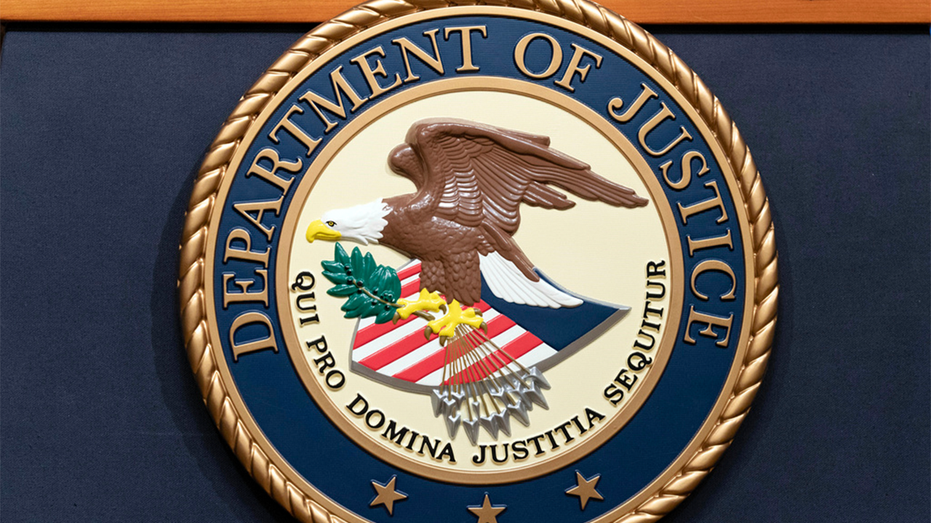







![[DEALS] Microsoft Office Professional 2021 for Windows: Lifetime License (75% off) & Other Deals Up To 98% Off – Offers End Soon!](https://www.javacodegeeks.com/wp-content/uploads/2012/12/jcg-logo.jpg)
